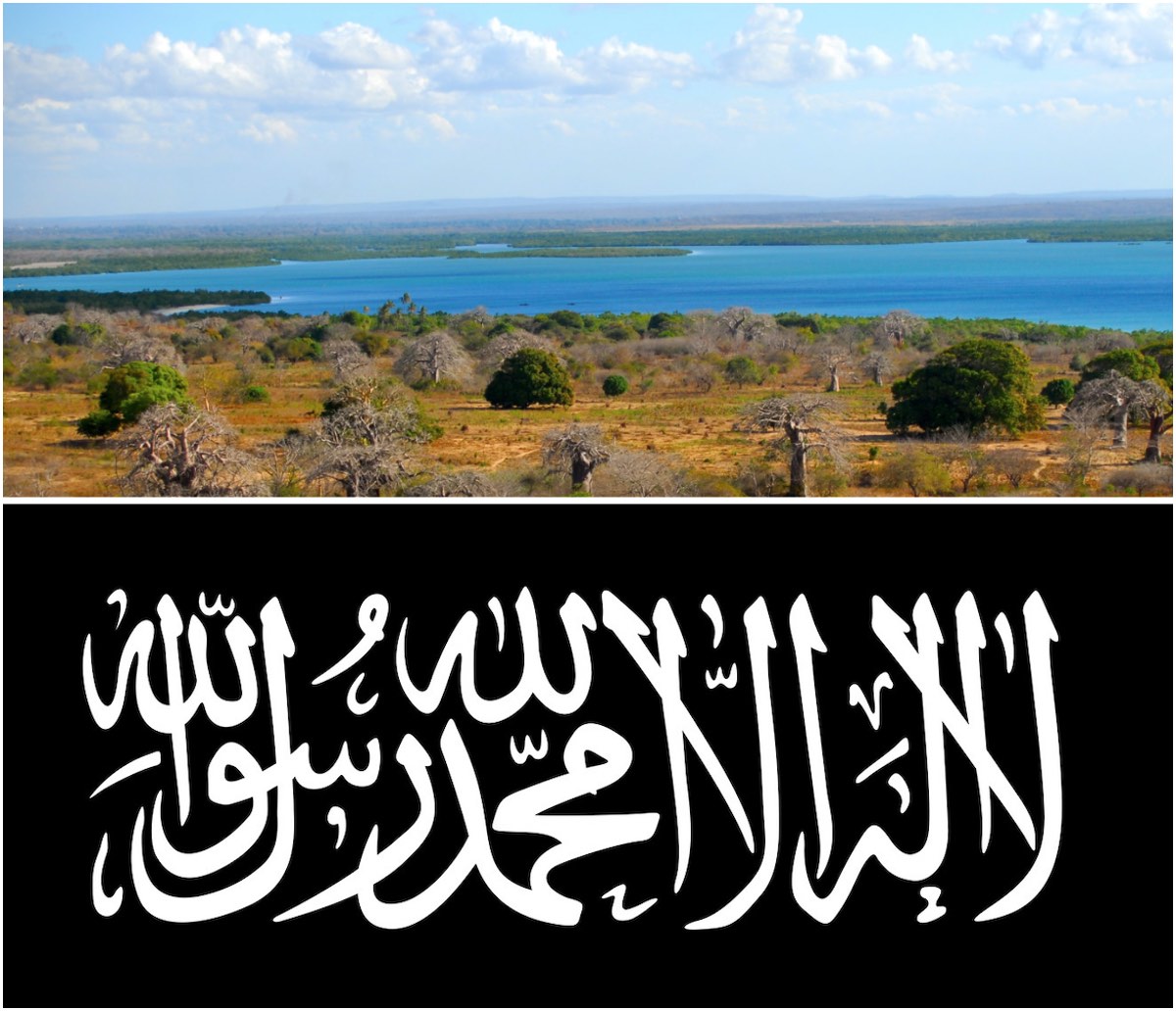The town of Palma, Cabo Delgado, just south of the Tanzanian border, was attacked and infiltrated by Islamist insurgents on Wednesday 24 March, putting the entire town under siege. According to Al-Jazeera, the militants are ISIL-linked, and Human Rights Watch reported the militants as linked to al-Shabaab. It is not clear if this group is directly linked to the Somali group of the same name.
People started to flee into the bush and surrounding forests. Around 200 foreigners including foreign workers and government workers, fled into and were then trapped in the Amarula Hotel. A convoy of people attempted to flee the hotel and were fired at while doing so.
According to witnesses after a few days of continuous attacks, bodies, including those beheaded, were visible in the streets. A worker from the nearby Liquid Natural Gas (LNG) site told Al-Jazeera on Friday that the entire town had been destroyed and many are dead after militants fired indiscriminately.
At least one South African is said to be among the dead.
Timing of the attack as Total announced its plans to resume work
The attack started just after French energy company Total announced its plans to resume construction work at the site of its LNG, offshore gas project. It had allegedly stopped construction in December due to the militant attacks in the region. Total is the largest funder of this project worth around $60 billion, along with other major energy companies.
Although the timing in notable, it is not clear if the attack had anything to do with Total’s announcement.
Mozambique’s rich offshore natural gas resources would be a game-changer in the region.
Cabo Delgado’s growing Islamist threat
There is growing concern that the Islamist insurgency has gained a stronghold in the province, to such a degree that it is proving more and more difficult to dismantle. The Mozambican Military and other private security companies are struggling to get the situation under control.
A week before the 24 March 2021 attack, on 16 March 2021, Save the Children released footage with horrifying testimonies including a mother who watched her son being beheaded.
The insurgencies began in Cabo Delgado in October 2017 when 30 militants attacked 3 police stations. Many thousands have been killed, beheaded and displaced since. Around 700,000 are said to be displaced and over 2,660 have been killed since the insurgencies began according to Armed Conflict Location & Event Data Project (ACLED).
In November 2020, over fifty people were beheaded by terrorists in Cabo Delgado Province.
Dismantling this crisis
Today Democratic Alliance (DA) Shadow Minister of Defence, Kobus Marais MP, called on all Southern African Development Community (SADC) countries to send troops to counter the scourge of increased terrorist action in Cabo Delgado.
He stated: “The insurgents are growing increasingly emboldened as their control over territories in Cabo Delgado grows. South Africa must extend its hand to our neighbour in need, and while the country should ready itself to assist Mozambique as part of a SADC contingent, the time has come to repatriate our citizens trapped in Palma as a matter of urgency. The South African National Defence Force (SANDF) can send the Special Forces to assist with this vital evacuation, to Pemba.
While the DA welcomes DIRCO’s announcement this weekend that the embassy in Maputo would be capacitated with more personnel to help trapped South Africans, it is clear that this cannot be the only action from the South African government.”
In mid-March the US Embassy in Mozambique confirmed that “US special operations forces… will support Mozambique’s efforts to prevent the spread of terrorism and violent extremism”, according to a BBC.
According to Reuters, Portugal will also be Mozambique sending help to train Mozambican security forces in order to tackle the attacks.
It remains to be seen how much of a part South Africa will be able to play. According to experts, it is vital South Africa acts to secure the region.

